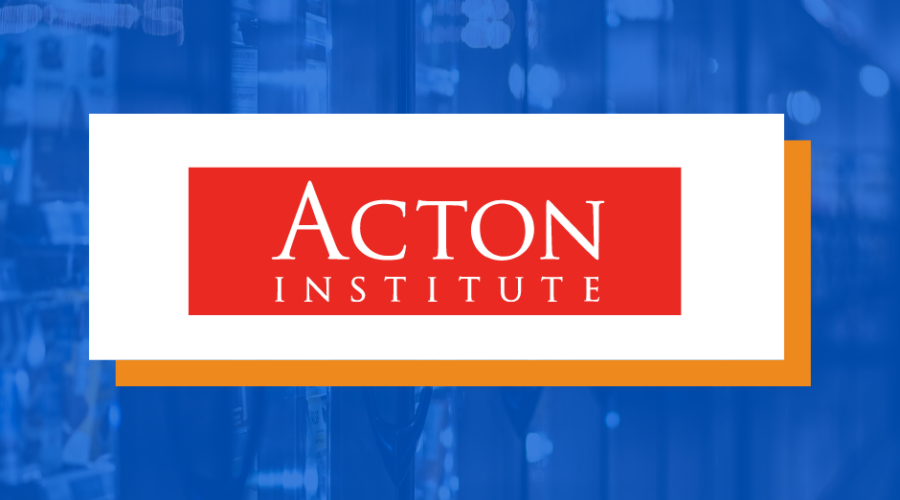Orban Is Running Out of Other People’s Money
There once was a time when foreign investors regarded Hungary as the tax haven of the European Union. Boasting a low corporate tax rate, a new flat tax, and most importantly for many investors massive subsidies from the Hungarian government to “create jobs,” this was Hungary’s claim to fame. But this is no badge of honor. The Hungarian government has been providing all this at the expense of EU taxpayers. In the past decade, Hungary became the second-biggest net beneficiary of EU funds, with most of those funds landing in the pockets of oligarchs and well-connected cronies.
Recently, the unexpected happened, as the EU opted to withhold funds so long as specific criteria around the rule of laware being violated. The vote passed just before Christmas of 2022, with the European Commission effectively freezing €22 billion in cohesion funds that Hungary was supposed to receive. At issue is Hungary’s increasing lack of judicial independence and academic freedom, alongside the runaway corruption that has come to define the Orban government.
In other words, the other EU members had had enough of Hungary mishandling their cash. Margaret Thatcher said it best when she noted that governments eventually “run out of other people’s money.” This is the textbook example we see now in the case of Viktor Orban’s regime, which thought it could play the “maverick” in the EU and still get away with systemic graft. No longer.
So what does the strongman of Central Europe do in response? Orban is looking for new partners outside the EU (China and the Gulf countries) to finance his gig and has begun taxing the Hungarian people and industry like never before.
Just last week, Orban used his power to rule by decree, passing several laws overnight. As the country muddles through the highest inflation rate in the European Union in addition to soaring food prices, the government is looking for new ways to raise revenue. It seems it’s settled on going after people’s savings by levying an additional 13% tax—called a “social contribution”—atop interest gains on Hungarians’ investments. Taken together with a 15% income tax previously in place, the overall tax rate on investments sits at a ghastly 28%. Most forms of savings for ordinary people have been affected. The government now encourages citizens to buy state bonds that promise a good return. Toward that end, the state is now forcing banks to inform consumers how much they would lose if they chose a bank investment over state bonds.
As a result, bizarre as it may seem, Hungarians are discouraged from saving money at a time when there is too much of it circulating in the economy.
The budget must be in terrible shape, and the Hungarian government desperately needs new means of taxing corporations. For example, retailers that have already been hard hit by the government’s price caps have also been burdened by an added revenue tax. The result is in plain sight: frighteningly high food prices, shortages, and many shops closing down permanently.
The pharmaceutical sector, which is already suffering due to the punitive nature of Orban’s taxes, has been dealt yet another blow. Their industry must now pay more tax after the cost of some medicine has increased by up to 40%. The unexpected move is forcing pharmaceutical companies to shift their strategy around the availability of certain products. Due to the fact that the Hungarian market is relatively small, facing such a significant rise in taxes could nudge pharma companies toward withdrawing from the country altogether, suspending their operations, and halting the sale of certain products. Consider how in California, U.S. insurance providers looked at the rising cost of doing business, both environmental and regulatory, and simply opted to pull out. This is the reality of how markets work, whether populists like it or not.
The result is that Hungarian consumers will suffer shortages in their pharmacies. The more dire consequences can only be known once it is too late.
If you’re wondering how the Hungarian government gets away with this chicanery in the name of deficit reduction, the answer is simple: the Orban government has been using its propaganda machinery very efficiently to persuade the public that these measures are necessary to counteract financial blackmail from Brussels. The regime asserts that the EU is withholding funds to which Hungary is entitled and that there are “greedy” sectors of big business that should contribute more.
What of the fact that these actions bear no evidence of helping to lower record-high inflation and food prices, or that they will not ease supply shortages? The past decade has seen Hungarian government propaganda become highly efficient in persuading its people. Enormous amounts of money have been spent to convince the people that all the ills Hungary faces are caused by the West, George Soros, banks, and multinational companies. The government goes so far as to claim that the chief rival of the nation is Brussels. The very same people who once suffered under Soviet rule now praise the likes of Vladimir Putin and Xi’s China while reaping the benefits of NATO and EU membership. Propaganda is working, and dissent within Hungary’s legislature is increasingly difficult to find. Facts have long lost their meaning in a country where there is always someone else to blame.
Originally published here



